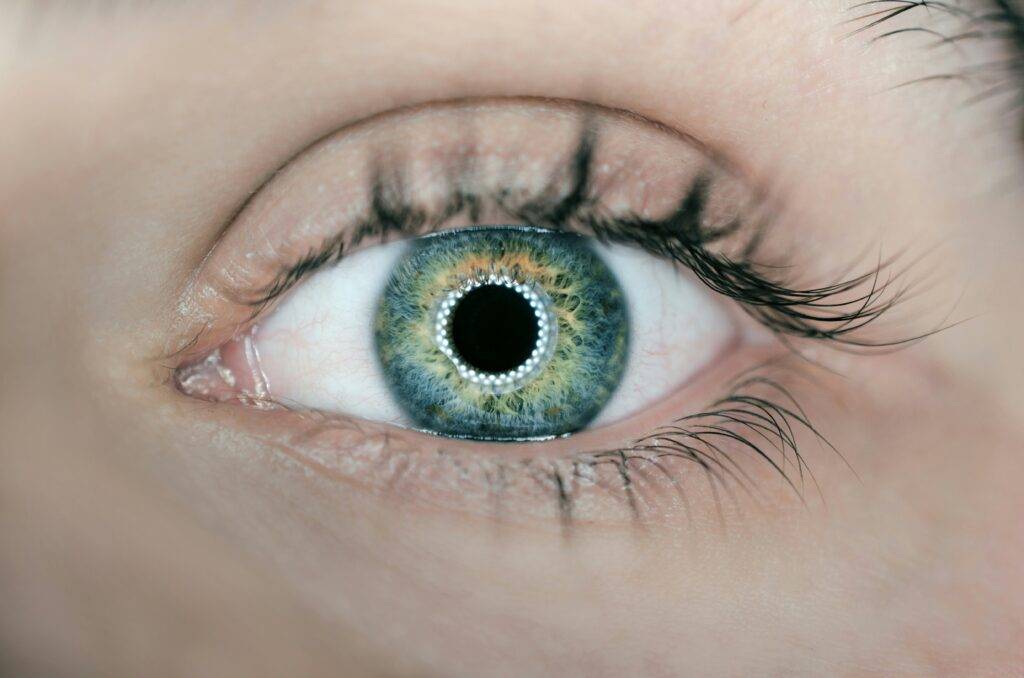Air conditioner side effects
Because it offers comfort and relief from the intense heat during the summer, air conditioning has become a necessary component of modern living. Although air conditioning provides relief from the intense heat, it’s crucial to understand the possible negative impacts it may have on our health. We shall examine the different health problems that might result from extended use of air conditioning in this post.
Dry Eyes
Dry eyes are among the most common negative effects of air conditioning. The room’s humidity tends to decrease when the air conditioner is operating. Because of this, the fluid in our eyes dries out faster, causing pain, itching, and dryness. People who already have dry eyes or other eye disorders are especially vulnerable to this problem.
Lethargy
We may feel exhausted and listless after spending a lot of time in an air-conditioned space. This is due to the fact that a chilly environment can slow down our body’s normal functions and decrease our metabolic rate. Furthermore, a sense of exhaustion and drowsiness may result from inadequate ventilation.
Dehydration
The amount of moisture in the air can be reduced by air conditioning, which may have an impact on our levels of hydration. Our bodies lose moisture through respiration and perspiration more quickly in dry air. Dehydration may result from this if we don’t make up for it with adequate fluid intake. Long-term dehydration can lead to a number of health problems, including headaches, dry skin, and lightheadedness.
Dry or Itchy Skin

Dry or itchy skin is another typical side effect of air conditioning. Low humidity in the air can lead to moisture loss in our skin, making it flaky, dry, and itchy. This is particularly valid for people who already have skin diseases like eczema. Using moisturizers and being well hydrated can help lessen these effects.
Headaches
Some people experience headaches when they use air conditioning. Headaches can result from the abrupt temperature shifts between the warm outdoor air and the cool interior air. This can cause blood vessels in the brain to abruptly constrict and expand. Prolonged exposure to cold, dry air can also aggravate migraines and create nasal congestion.
Respiratory Issues
Air conditioning can have detrimental effects on our respiratory system, particularly for individuals with underlying respiratory conditions. The cold and dry air can irritate the airways, leading to symptoms such as coughing, sneezing, and throat discomfort. People with allergies or asthma may experience worsened symptoms in air-conditioned environments.
Allergies and Asthma
Air conditioning systems may be breeding grounds for allergens which include dust, pollen, and mold. If not properly maintained, these allergens can flow into in the air and trigger allergic reactions together with sneezing, coughing, watery eyes, and nasal congestion. Individuals with allergic reactions and asthma are in particular prone to those triggers, that can get worse their signs and lead to respiratory distress.
Noise Pollution
While air con gives comfort, it is able to also make contributions to noise pollution. The constant buzzing of the air conditioner can disrupt sleep patterns and purpose annoyance, mainly at some stage in midnight. Continuous publicity to excessive degrees of noise can cause sleep disturbances, improved strain tiers, and reduced standard properly-being.
Infectious Diseases
Air conditioning structures can probably make a contribution to the unfold of infectious diseases. When now not nicely maintained and cleaned, they can harbor bacteria, viruses, and fungi. These microorganisms may be circulated within the air, increasing the danger of respiratory infections and illnesses among occupants. Regular renovation and cleansing of air con gadgets are critical to limit the hazard of spreading infectious diseases.
Indoor Pollutants
Air conditioning can inadvertently make contributions to indoor air pollution. As the air circulates inside closed spaces, it can collect pollutants such as dust, puppy dander, unstable natural compounds (VOCs), and airborne chemical compounds. Inhaling these pollution can cause respiratory inflammation, allergic reactions, and other health problems. Proper ventilation and air filtration systems are critical to improve indoor air first-rate and minimize the bad effect of air conditioning on health.
People also ask
..!
Can AC cause health problems?
Dry eyes, lethargy, dehydration, dry or itchy skin, complications, respiration troubles, allergic reactions and asthma, noise pollutants, infectious illnesses, and indoor pollution are a few of the not unusual fitness issues associated with prolonged publicity to aircon
Is it OK to use AC everyday?
Staying long term in AC rooms is not properly for fitness. The cool dry air can desiccate your body, particularly it’s going to affect your eyes and noses.
Is it good to sleep with AC?
Sleeping in a room with the AC on can disrupt sleep patterns and cause poor sleep nice, mainly if the temperature is too cold or if the AC unit produces noise that interferes with sleep
Does AC dehydrate the body?
Sweating is our body’s natural method of cooling itself, and the chilly environment that air conditioners give minimizes it. Decreased sweating can lead to a reduction in the sensation of thirst. This can raise the risk of dehydration together with the increased water loss brought on by the dry air.
How many hours should AC be on?
The size of your air conditioner and the size of the area you’re using determine just how long you can run your air conditioner. Smaller room wall and window air conditioners can operate for eight to ten hours before they need to be turned off or given a cooling-off interval.
Which temperature is best for AC?
The ideal comfort temperature range for summertime, according to ASHRAE, is 23.5°C (74.3°F) to 25.5°C (78°F). The ideal temperature to set the thermostat to for comfort and energy efficiency is 24°C/75.2°F. Combining ceiling fans and air conditioners increases comfort levels while consuming less energy.
Air conditioning sickness symptoms
Air conditioning (AC) sickness, or “sick building syndrome,” can cause various symptoms due to prolonged exposure to air-conditioned environments. These symptoms include respiratory issues like dry throat, coughing, and sinus congestion; skin and eye irritation such as dry skin and itchy eyes; and general discomfort including headaches, fatigue, and dizziness. Additionally, cold-like symptoms like a runny nose and increased susceptibility to infections may occur. Allergic reactions can also be exacerbated due to reduced ventilation and circulation, leading to heightened sensitivity to allergens.








